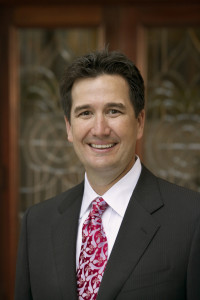Worker Sues for Injuries Allegedly Sustained on Job
After allegedly suffering a work injury, Lloyd Willis, an employee of United Fire & Safety, filed a lawsuit against Woods Group PSN Inc., Energy XXI USA Inc., and JNET LLC in the United States District Court for the Eastern District of Louisiana on February 16, citing negligence and failure of obligations.
According to the suit, on or about June 14, 2015, Willis was being transferred from a platform to the JNET vessel via a personnel basket attached to a crane. JNET is owned by Energy XXI and was located in South Timbalier Block 26A in the Gulf of Mexico. Willis alleges the basket struck the vessel with such force as to cause injury, and that the named defendants acted in a negligent manner when they failed to observe safety measures, failed to exercise reasonable care, and failed to provide proper tools and a safe work environment.
As a result of the blow, Willis allegedly suffered a possible ruptured disk, nerve damage, injuries to his bones, muscle joints, and organs, as well as general body trauma and resultant medical expenses.
 Louisiana Lawyer Blog
Louisiana Lawyer Blog


